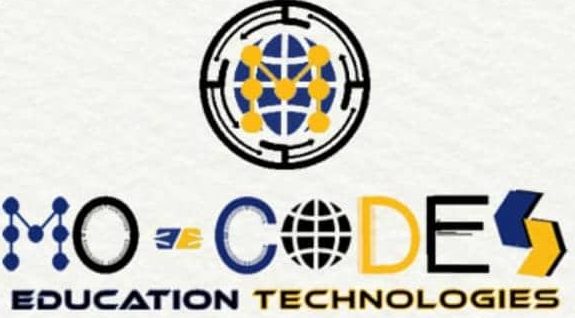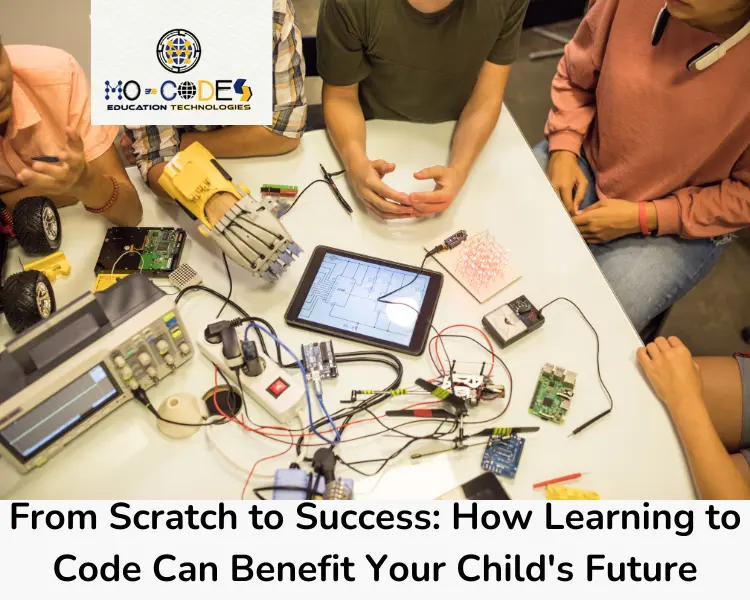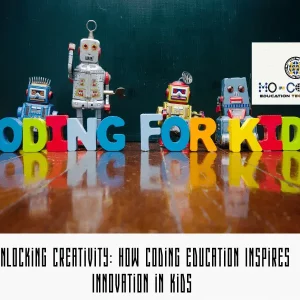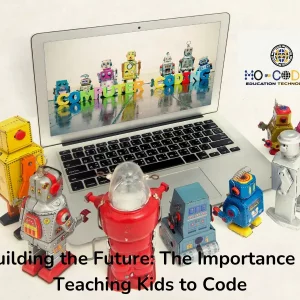In today’s digital age, learning to code has emerged as a crucial skill for children. The ability to understand and create technology not only opens up a world of opportunities but also equips children with essential skills for success in the future. This blog post explores the numerous benefits of learning to code and highlights how it can positively impact your child’s future.
- Enhancing Problem-Solving and Critical Thinking Skills: Learning to code nurtures problem-solving and critical thinking skills in children. Coding involves breaking down complex problems into smaller, more manageable tasks and finding logical solutions. As children encounter coding challenges, they develop the ability to think critically, analyze problems, and devise innovative solutions. These skills are transferable and can be applied to various academic subjects and real-life situations, empowering children to become effective problem solvers and innovative thinkers.
- Fostering Creativity and Innovation: Coding education fosters creativity and encourages children to think outside the box. By learning to code, children gain the ability to transform their ideas into tangible digital creations. They can design websites, develop games, or create interactive applications. Coding provides a platform for children to explore their imaginations, experiment with different possibilities, and turn their unique concepts into reality. This fosters a mindset of innovation, empowering children to become creators rather than passive consumers of technology.
- Developing Digital Literacy and Adaptability: In the digital era, learning to code is essential for developing digital literacy and adaptability. Coding education introduces children to fundamental concepts of how computers work, algorithms, and computational thinking. This knowledge equips them with the ability to navigate and understand the digital landscape, fostering responsible digital citizenship. Additionally, coding skills enable children to adapt to the ever-evolving technological advancements, preparing them to confidently embrace new technologies and opportunities in their future.
- Opening Doors to Future Career Opportunities: Learning to code opens up a plethora of exciting career opportunities for children. In today’s technology-driven job market, coding skills are highly sought after. By starting their coding journey early, children gain a competitive edge and develop a foundation for future careers in fields such as software development, web development, data science, artificial intelligence, and more. The ability to code not only provides them with technical skills but also cultivates valuable transferable skills such as problem-solving, teamwork, and communication, which are highly valued by employers.
- Building Resilience and a Growth Mindset: Learning to code promotes resilience and a growth mindset in children. Coding often involves trial and error, debugging, and troubleshooting. Through these experiences, children learn to embrace challenges, view mistakes as learning opportunities, and persevere in the face of setbacks. Coding education teaches them that failure is not a roadblock but rather a stepping stone to success. This resilience and growth mindset developed through coding can positively influence all aspects of their lives, helping them overcome obstacles and achieve their goals.
- Cultivating Collaboration and Communication Skills: Learning to code encourages collaboration and communication among children. Many coding projects and activities require teamwork, where children work together, share ideas, and solve problems collectively. This collaboration not only enhances their coding skills but also fosters effective communication, cooperation, and the ability to work in diverse teams. These skills are invaluable in the professional world, where collaboration and effective communication are essential for success.
- Nurturing Entrepreneurial Thinking: Learning to code nurtures entrepreneurial thinking in children. Coding skills empower children to transform their ideas into tangible products or services. They can create websites, design mobile apps, or develop software solutions. By learning to code, children develop a mindset of problem-solving, innovation, and the ability to identify opportunities. These entrepreneurial skills can lay the foundation for future entrepreneurial endeavors, enabling children to create their own paths and pursue their passions.
Conclusion: Learning to Code Can Benefit Your Child’s Future
Learning to code is a transformative journey that offers numerous benefits for your child’s future. From enhancing problem-solving and critical thinking skills to fostering creativity and innovation, developing digital literacy, opening doors to future career opportunities, building resilience and a growth mindset, cultivating collaboration and communication skills, and nurturing entrepreneurial thinking, coding education equips children with the tools they need to thrive in a rapidly evolving digital world. As parents and educators, it is crucial to recognize the importance of coding education and provide children with opportunities to explore and embrace this valuable skill. By investing in their coding education, we are setting them on a path towards a successful and fulfilling future.



